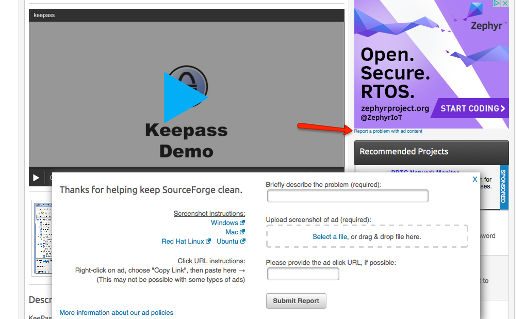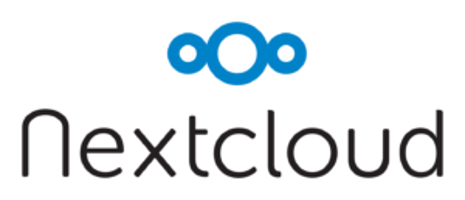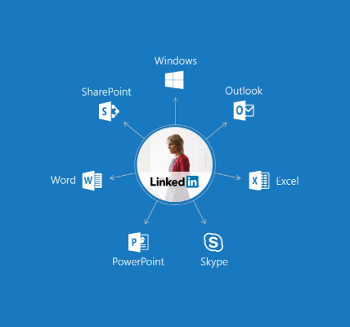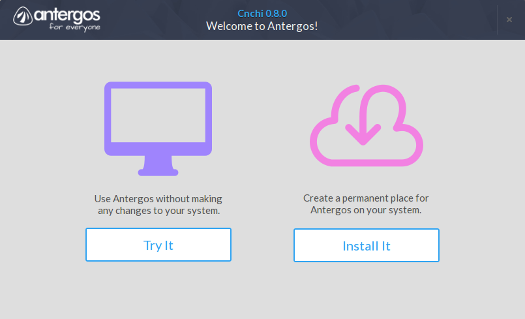Also included: Solus 1.2, Elementary Snaps, Microsoft fights OEM crapware and LibreOffice’s minor upgrade.
FOSS Week in Review
The biggest news this week was the much awaited release of Fedora 24.
It’s baseball season, and in baseball about this time of year talk turns to trades. Well, I’ve been traded for one game…er, review. That means that although I’ve downloaded and installed Fedora 24 on our test machine, I can’t really give it a full review here. However, I’ll make sure to point you to the review as soon as it goes up “on another network,” as Johnny Carson used to say. All I can tell you now is that so far it seems to do what it does well.
Other than Fedora, the most interesting story to me this week might have been missed by many FOSSers as it doesn’t involve FOSS at all, but our proprietary lover in Redmond.
Christine Hall has been a journalist since 1971. In 2001, she began writing a weekly consumer computer column and started covering Linux and FOSS in 2002 after making the switch to GNU/Linux. Follow her on Twitter: @BrideOfLinux






 According to a
According to a 
 Meanwhile, it’s been an interesting week in the world of FOSS…
Meanwhile, it’s been an interesting week in the world of FOSS…


